Drum Pants Wearable Sensors
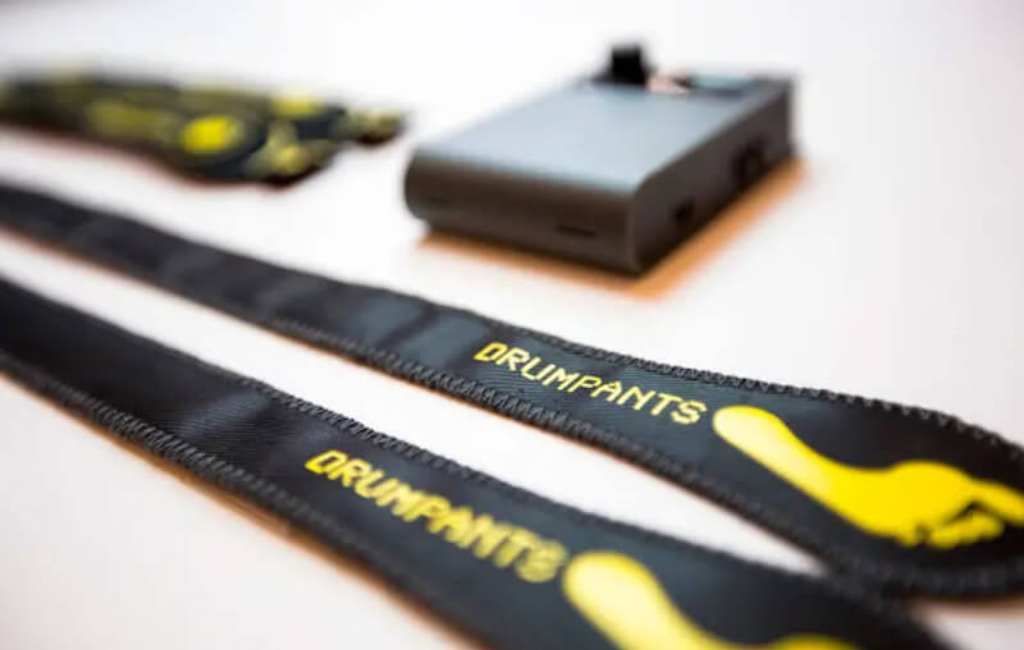
NO DEAL
EPISODE SUMMARY
🕓 Air Date: October 3, 2014
Asking For:
$150,000 for 5%
Investor:
No Deal
Deal:
No Deal
PRODUCT SUMMARY
Drumpants is a wearable controller platform that allows users to play music, control apps, games, and websites using soft wearable sensors placed in clothing, including four drum pads for clothes and two foot pedals for shoes.
WATCH HERE
IN A RUSH?
Click these to jump to the section you want to read.
Background Story
Drumpants, featured on “Shark Tank,” was presented by Tyler Freeman and Lei Yu. The founders did not specify their company’s location during the pitch. Tyler Freeman, however, mentioned that he had been working on the product for years, indicating a long-standing commitment to its development. The duo emphasized the collaboration with their phenomenal team in bringing Drumpants to fruition. Tyler Freeman, one of the co-founders, showcased the product on the show.
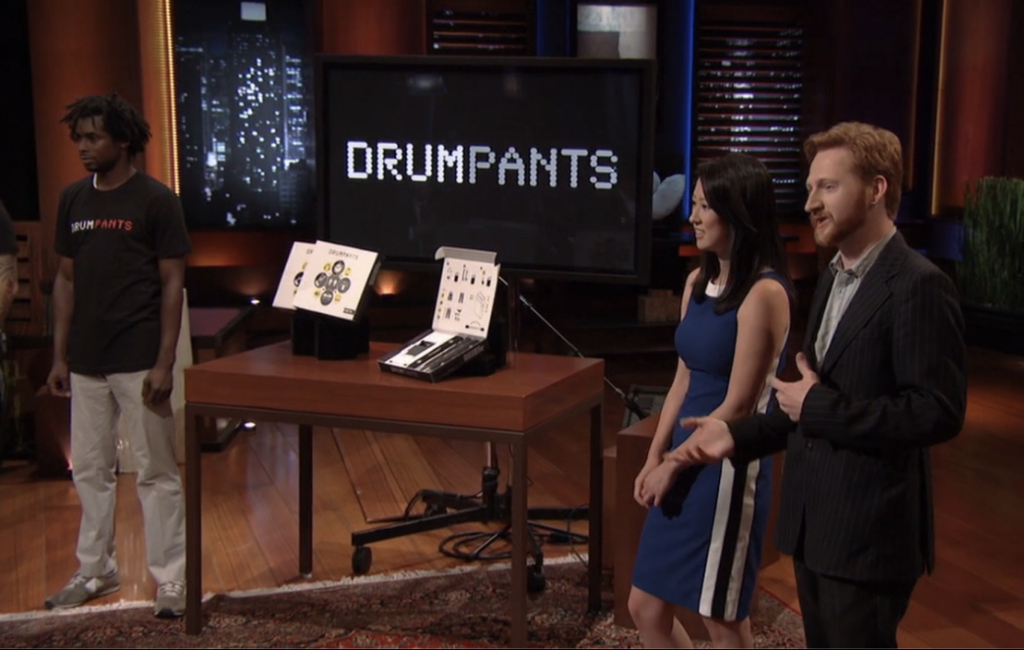
Tyler’s dedication to the product suggests a background in technology or music innovation. Lei Yu, the other co-founder, actively participated in the presentation, contributing to the demonstration of Drumpants’ capabilities. The inspiration for Drumpants came from Tyler Freeman’s years-long effort to create a wearable technology that would enable users to play music and control various devices seamlessly. The founders envisioned a versatile platform that could go beyond conventional musical instruments, allowing users to integrate rhythmic gestures into controlling applications, games, and websites.
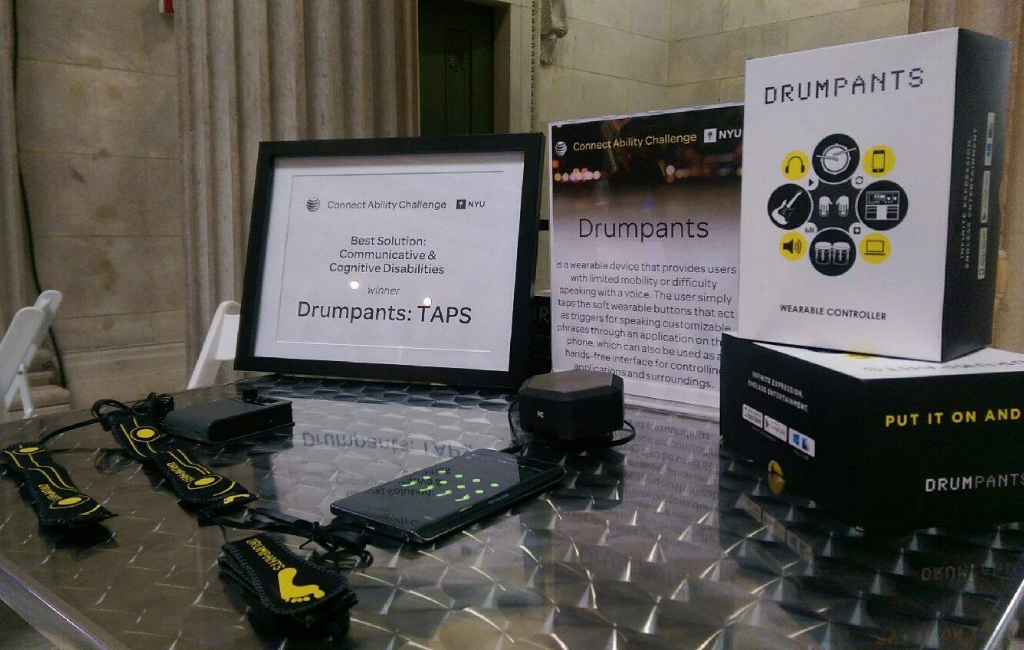
Their ambition was to redefine how people interact with technology, making it more immersive and accessible. Despite the product’s unique and innovative nature, the founders faced challenges in making a decisive pitch to the Sharks, ultimately resulting in them leaving the tank without a deal. While the pitch did not delve deeply into the founders’ personal backgrounds, their commitment to the development of Drumpants showcased a passion for pushing the boundaries of wearable technology and musical innovation.
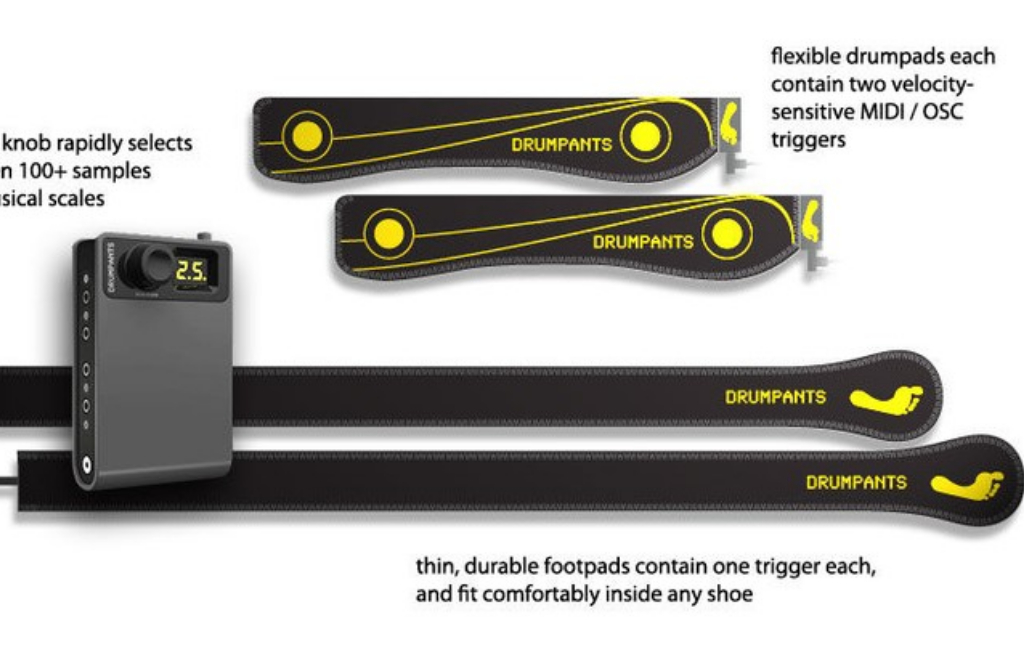
The Product
Drumpants, the innovative wearable controller platform, offers users a unique and versatile way to engage with music and control various digital devices. The system uses soft, wearable sensors that can be incorporated into any clothing, allowing users to transform their attire into interactive musical instruments.
The basic kit includes six sensors: four drum pads designed to be worn on clothes and two foot pedals for placement in shoes. Users can play music, control applications, games, and websites by tapping or using rhythmic gestures on these sensors. The wearable technology connects seamlessly to any device through Bluetooth, providing flexibility and compatibility.
Beyond its musical applications, Drumpants introduces a novel way to interact with technology, enhancing user experiences in gaming, app navigation, and web browsing. The product’s benefits include portability and accessibility, enabling users to create music or control devices anywhere without the need for traditional instruments or peripherals.
Drumpants is available for pre-order on their website, with a pricing range starting from $99 and going up to $229. The founders launched the product through a successful Kickstarter campaign, reaching double their initial funding goal and selling 720 units to date.

How It Went
The company’s position before Shark Tank
During the “Shark Tank” pitch, Drumpants presented a snapshot of their company’s performance and financial standing. The founders mentioned that they had raised $75,000 through a successful Kickstarter campaign, surpassing their initial goal by reaching two times the amount. This initial funding likely played a crucial role in the development and launch of their product.
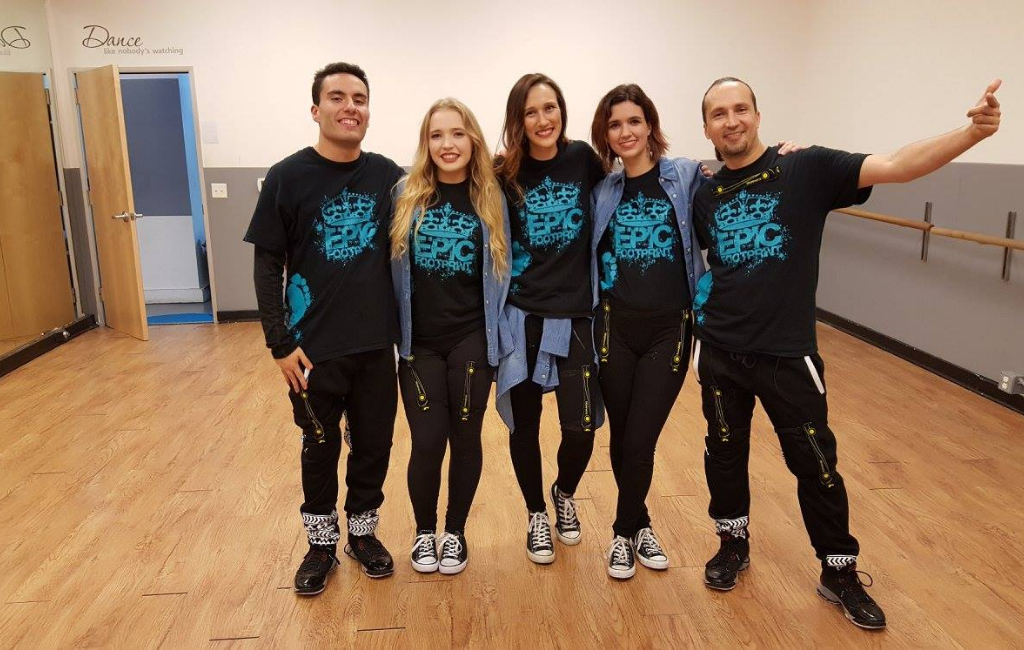
As for the current state of the company, Drumpants has sold 720 units to date, with an additional 4,000 units projected for sale based on holiday sales forecasts. The pricing strategy for their product ranges from $99 to $229, providing a varied entry point for potential customers. The founders shared that they were in the pre-revenue stage, relying on pre-orders through their website for capital.
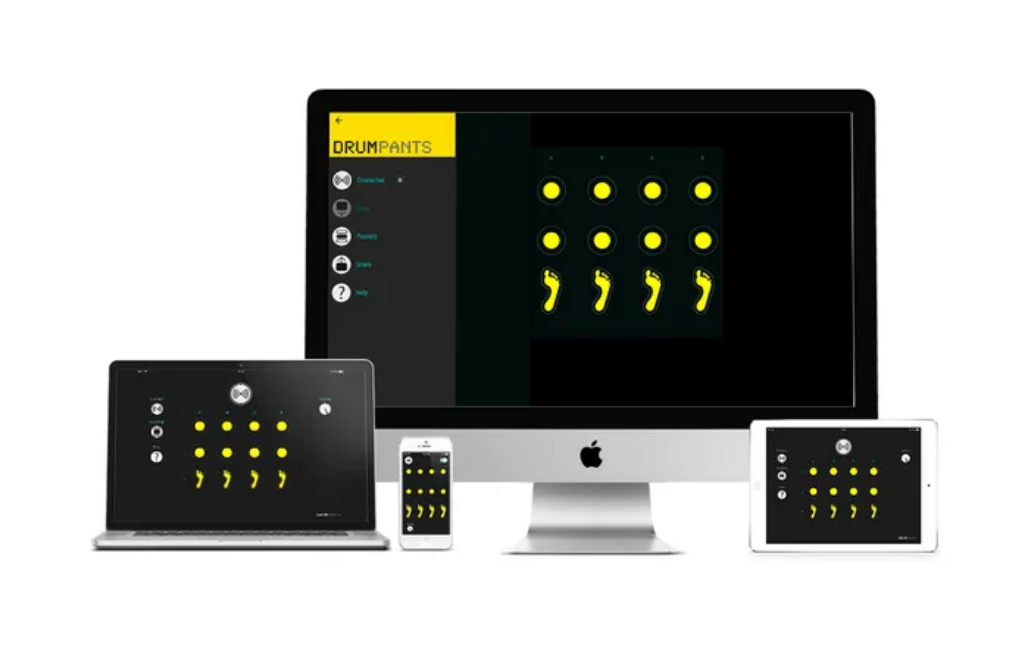
The founders did mention a net profit margin of 45%, forecasting a year-end profit of $220,000 based on projected sales. Drumpants highlighted the success of their Kickstarter campaign, indicating strong support from backers. The company’s structure and organizational details, such as the size of their team or their current business model, were also not elaborated upon, leaving some aspects of their overall health and position undisclosed.
The Negotiations:
The negotiations for Drumpants on “Shark Tank” were marked by indecision and ultimately resulted in the founders leaving the tank without a deal. Tyler Freeman and Lei Yu initially sought $150,000 in exchange for 5% of their company, presenting the wearable technology as a versatile platform for playing music and controlling various devices through soft, wearable sensors. The Sharks were intrigued, with Robert Herjavec making the first offer of $150,000 for 20%, emphasizing his interest in the product’s potential.
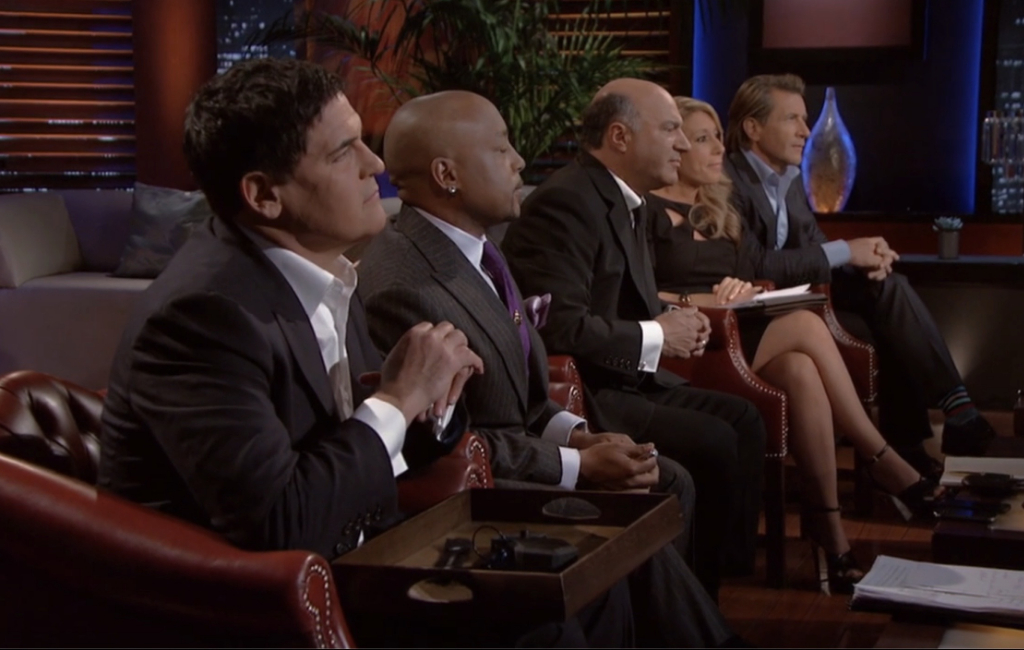
Daymond John followed with a more specific offer, proposing $250,000 for 20% of the company and expressing a focus on licensing opportunities. The founders countered Robert’s offer at 15%, but the negotiation took an unexpected turn. Instead of accepting or rejecting offers, the founders hesitated and sought time to confer privately. This indecision led to a cascade of Sharks withdrawing their offers, starting with Kevin O’Leary, followed by Mark Cuban and Lori Greiner.
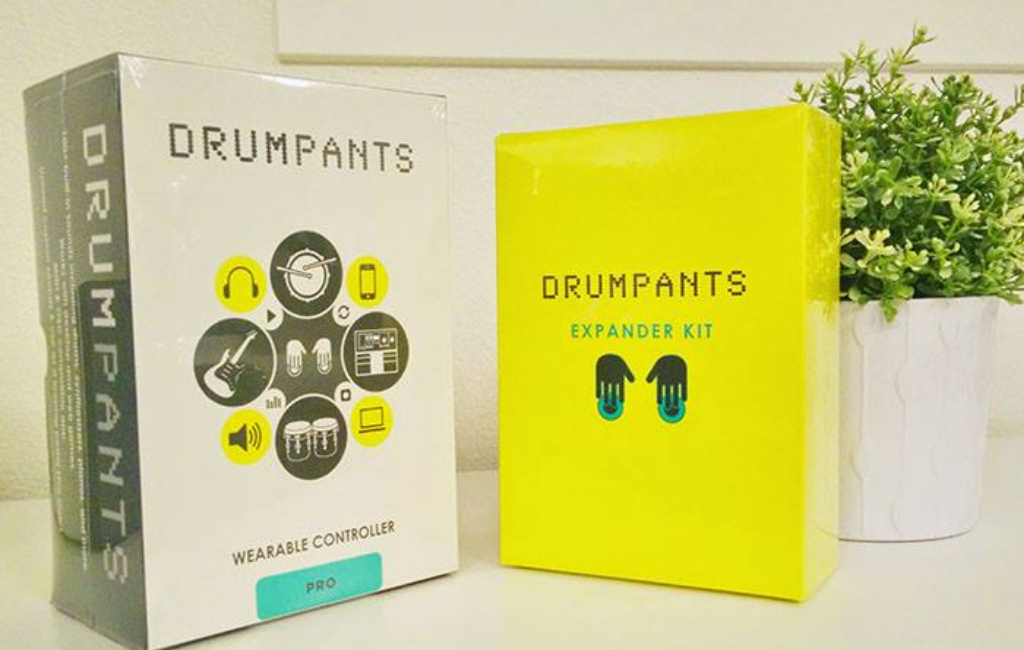
In a surprising turn, both Robert Herjavec and Daymond John rescinded their offers after the founders failed to make a decision. The indecisiveness of the founders left them without any deals on the table, and the Sharks expressed frustration with their inability to commit. The segment concluded with the Sharks criticizing the founders for their lack of decisiveness and highlighting the challenges they might face in the future due to their inability to make strategic choices in a high-pressure environment.







